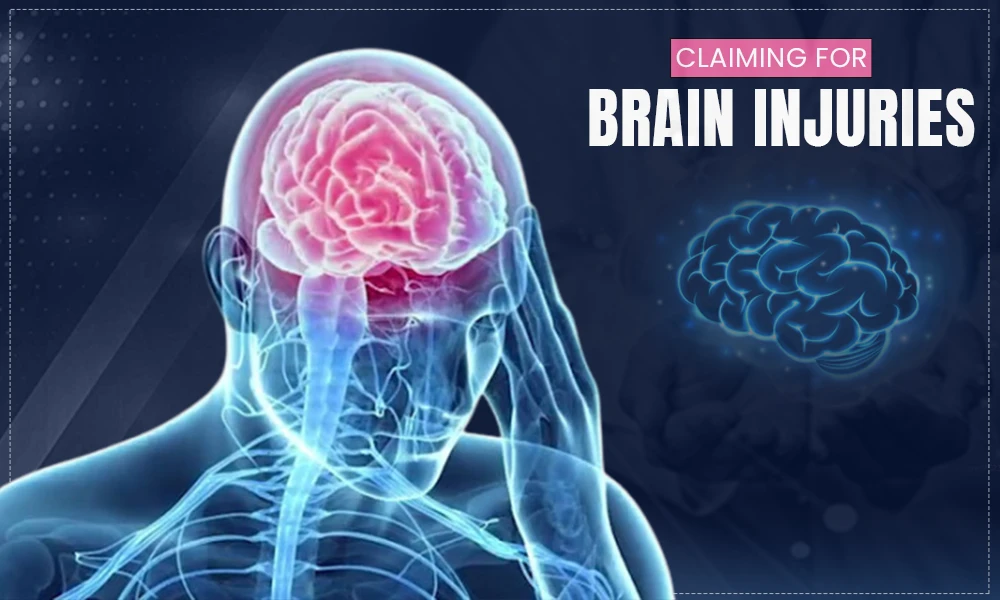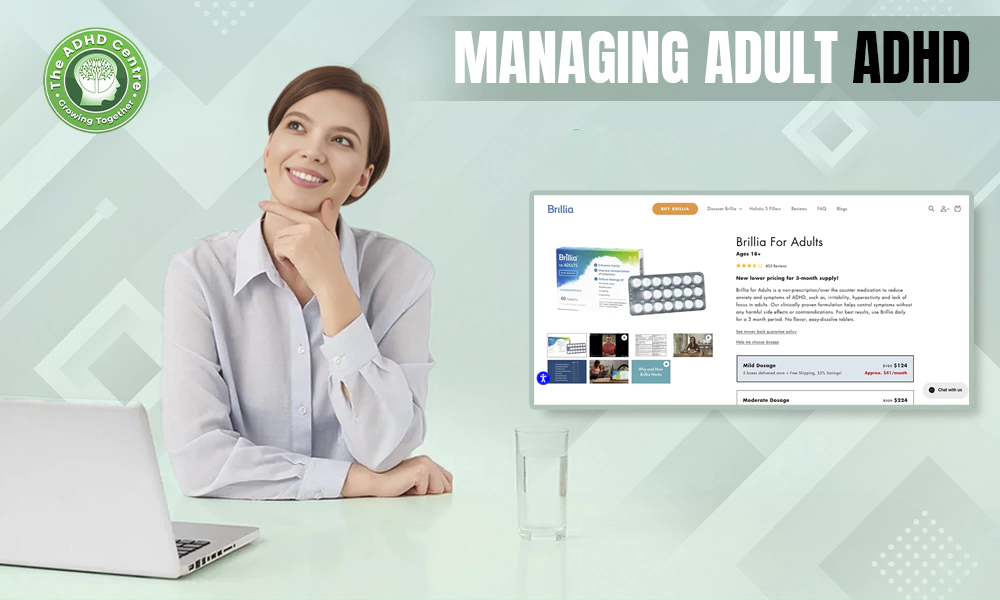How to Cope When Your Spouse is Diagnosed with Alzheimer’s

If your spouse has been diagnosed with Alzheimer’s, you may be feeling a range of emotions, from shock and disbelief to sadness and grief. While it’s normal to need time to adjust to this new reality, it’s important to find ways to cope to best support your spouse and yourself.
Don’t Panic. Early Diagnosis Gives You Time to Plan and Prepare.
Don’t panic if your partner develops early Alzheimer’s symptoms or is diagnosed with Alzheimer’s disease. There is still time to plan and prepare for the future. Early diagnosis gives you time to make important decisions about their care, set up support systems, and manage your own emotions. Remember that you are not alone in this process. There are many resources available to help you cope with this difficult situation.

Create a Support System.
One way to find support from others is to join a support group. There are many online groups as well as in-person groups available. Talking to others who have empathy for your situation can be helpful.
Another way to find support is by talking to a therapist or counselor. They can help you work through your feelings and give you advice on how to deal with the situation. There are many forms of therapy available, including one-on-one therapy sessions and marriage counseling. Don’t be misled by the name—marriage counseling can be helpful for couples at any stage of their relationship. A professional counselor can help you and your spouse find better ways of coping with an Alzheimer’s diagnosis.
Finally, talking to friends and family members can also be helpful. They may not understand what you are going through, but they want to help and will likely be willing to listen if you need someone to talk to.
Educate Yourself About the Disease.
Alzheimer’s is a debilitating disease that causes gradual memory loss and disorientation. As the disease progresses, the individual may become unable to care for themselves and will require constant care and supervision. You may find it difficult to cope with the changes in your loved one’s behavior and personality.
It’s important to educate yourself about the disease so that you can better understand what they are going through. The more you know, the better equipped you will be to deal with this difficult situation. Seek out as much information as you can so that you can provide the best possible care for your loved one.
Address Your Feelings Head-on.

When a loved one is diagnosed with Alzheimer’s, it can be difficult to cope with the range of emotions that come along with it. Sadness, anger, and guilt are common feelings during this time. It is important to understand and deal with these emotions in order to maintain your mental health and provide support for your spouse.
Sadness may be the most common feeling when a spouse is diagnosed with Alzheimer’s. This sadness can be due to many things, including fear of the future, changes in the relationship, or simply losing the person that you have shared your life with for so long. It is important to allow yourself to feel sad and express those feelings to others who will listen. Don’t try to bottle up your sadness; it will only make it harder to cope in the long run. These feelings are normal and should be expressed in a healthy way. Talk to trusted friends or family members about what you are feeling and find ways to let out that anger constructively (e.g., exercise, writing in a journal).
Guilt is another emotion that can often surface when coping with Alzheimer’s disease. You may feel guilty because you think you could have done more or because you are no longer able to provide care for your spouse yourself. It is important not to dwell on these thoughts but instead focus on the present moment as much as possible. There is nothing you could have done differently; Alzheimer’s disease is unpredictable and unpreventable.










